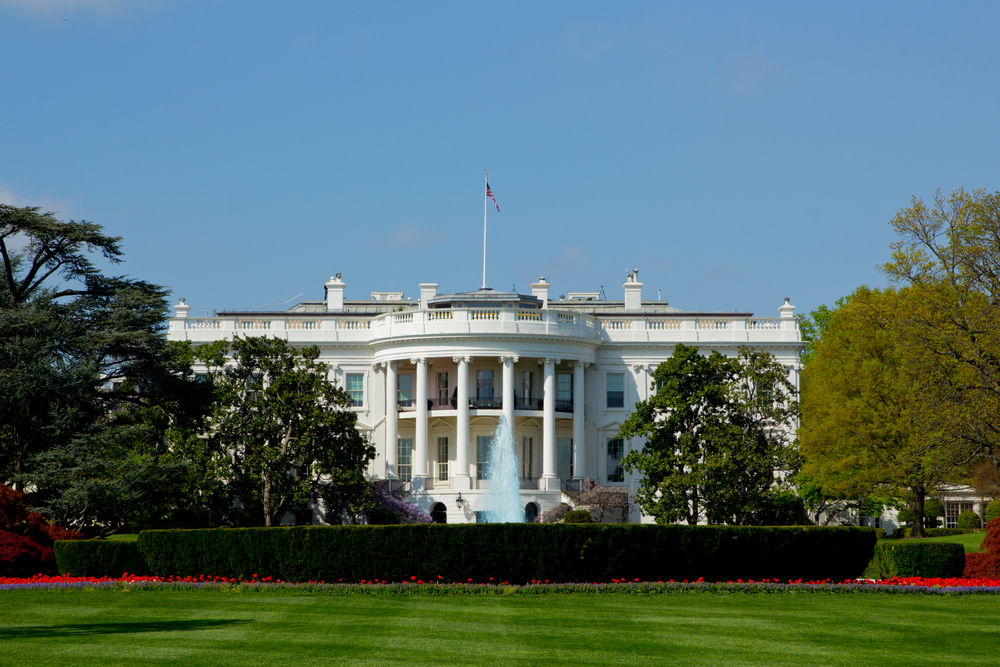

This is not to suggest that voting in the U.S. can’t be tampered with, because it can be. After all, there are precincts around the U.S. that have graveyards filled with potential voters.
But those voting practices aren’t part of a cyber-attack (perhaps a zombie attack?) and they don’t indicate some kind of foreign interest attempting to tamper with the electoral process in the U.S. Instead, those are just examples of garden-variety political fraud at state and local levels.
What’s happening with the voter registration hacks is almost certainly a series of attempts at identity theft. Voter records are the sort of things that identity thieves like to steal, both because they contain the data necessary to engage in financial fraud, but also because they can be used to verify data stolen from other places.
Those voting machines (in areas where they have machines), are also not connected to each other, and there’s no central control over voting. This in turn means that the process of voting is so disorganized that no single attack could get more than a tiny fraction. This in turn is the answer that the election might be “rigged,” because it can’t be. It would require too much organization.
This is not to suggest, however, that election security is unnecessary. Voters need to know that the private information they supply to election officials is secure and protected, so that they’re willing to register and vote.
Perhaps even more important is the need to protect the election results at every level. Voters need to know that the results aren’t tampered with so that they can be assured that the election is legitimate. In addition, while tampering with votes at the precinct level on a national scale is unlikely, those votes are tabulated and the results stored somewhere, and that’s a more likely target for cyber-tampering.
Even at the state level a cyber-attack is unlikely to succeed for long, if only because paper trails have made a comeback since the disputed election of 2000 and those votes can be counted again if necessary.
But another disputed election is unlikely to be anyone’s preferred outcome in the U.S. and it would certainly shake the faith of the election in the minds of the electorate. Even though election officials can tally the results of any voter canvas, uncertainty about the accuracy of the final count is not good for the legitimacy of any government that depends on the votes of its citizens.
Originally published on eWeek
Page: 1 2
After being 'retired' by Intel's board of directors, ex-CEO Pat Gelsinger has joined a VC…
President touts easing Chinese tariffs to facilitate TikTok sale, and also implements 25 percent tariff…
Copyright lawsuit against OpenAI and Microsoft from The New York Times and other newspapers can…
New chapter for famous name from Internet's early days, Napster, has been acquired and will…
Solving not-spots? Ofcom proposal to make UK the first European country to allow ordinary smartphones…
Pioneering robotaxi service from Alphabet's Waymo to go live in Washington DC next year, as…